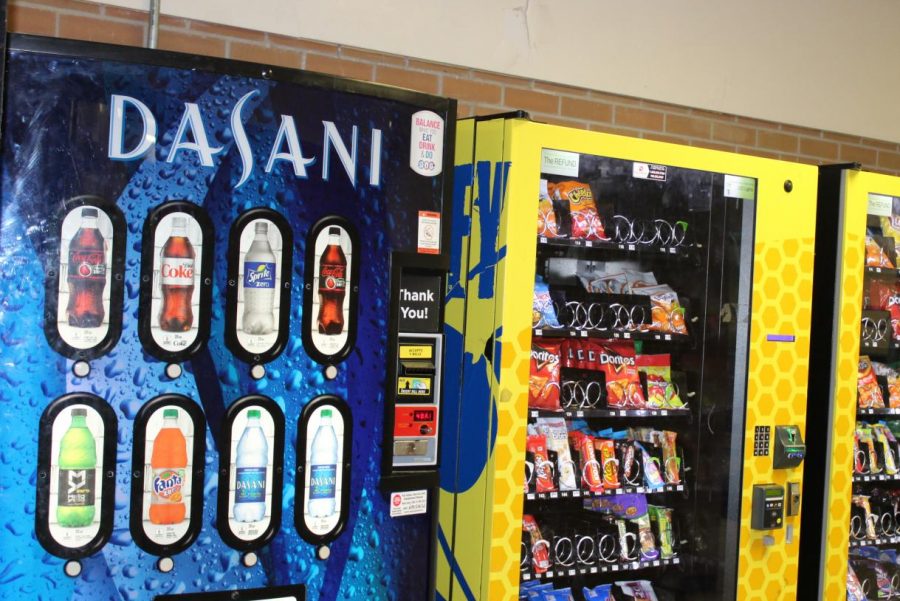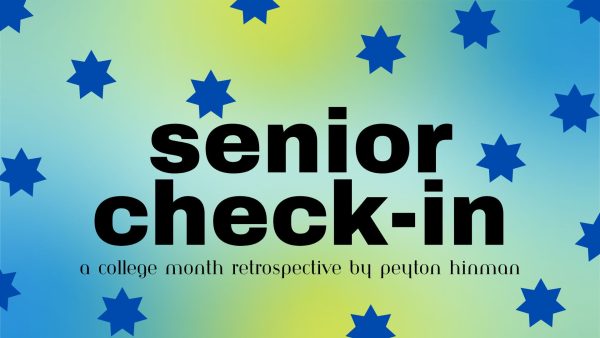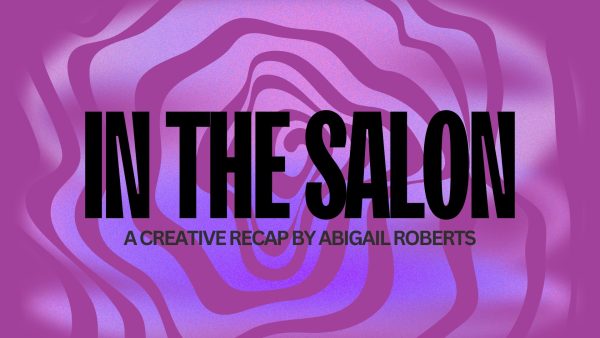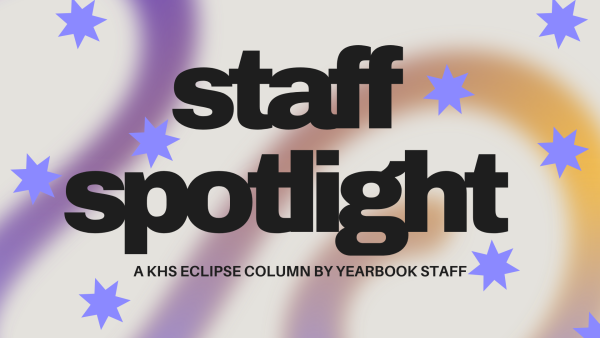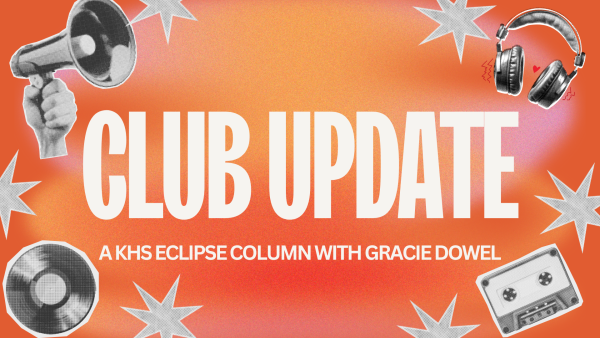Government rules dispense of regular soda being sold at school
IMAGE / Haley Peters
The vending machines at KHS sell only diet beverages.
At KHS we don’t have regular pop in vending machines, we only have diet pop. Even though many students dislike that there isn’t regular pop, there is a reason that sugary soda cannot be sold at school.
Mr. Brian Wiskur, principal, said KHS can’t have regular soda because of rules from the U.S. Department of Agriculture that the district cannot change.
“The rules are all set by the USDA,” Wiskur said. “The government agency regulates the kinds of foods and beverages that can be sold at schools. This rule is in place to to lower the amount of fat, salt, and sugar in kids’ diets.”
Sophomore Christiana Hatch believes KHS should have diet and regular soda.
“I believe that students should have an option,” Hatch said. “There are some students at KHS that cannot drink regular pop. There should be diet pop for them and non-diet for the other students.”
Some may think that just because diet pop has zero calories that it is automatically healthier, that notion may be wrong.
According to Business Insider, “Our bodies cannot metabolize sucralose. It just passes through us. This is its charm, and its potential danger.”
Sucralose is in diet pop, it increases blood glucose levels and insulin levels while decreasing insulin sensitivity.
This could negatively affect people, especially those with diabetes, who consume sucralose to try to manage their blood sugar levels.
Registered Dietitian Stephanie Mumby said she wouldn’t recommend a high intake of sucralose.
“Anything in excess isn’t good for us,” Mumby said. “Sucralose is an artificial sweetener. It’s called Splenda. My recommendation would be not to consume a lot of it. Have it in moderation, not every day.”
Mumby also said she wouldn’t recommend regular pop or diet pop.
“Diet pop and regular pop both aren’t healthy for us. We should choose other beverages to drink such as water and milk more often,” Mumby said.
Former first lady Michelle Obama announced a proposal to her husband during his administration to ban advertising of sodas and unhealthy snacks in public schools.
The Healthy, Hunger-Free Kids Act of 2010 was a federal statute signed into law by former President Barack Obama on Dec. 13, 2010.
Wiskur said the school gets some money from the vending machines.
“I receive a percentage of total sales,” Wiskur said. “The money is used to purchase items for the school and staff.”
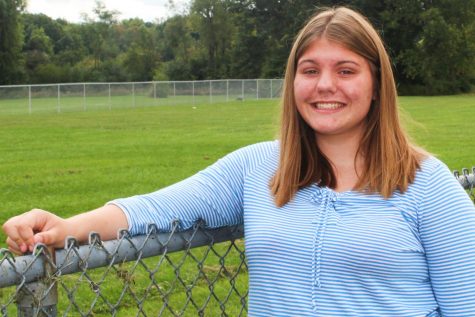
Birthday: Dec. 28, 2002
Hobbies/Interests: Student Council, Pokémon GO.
Favorite Quote: "Let no man pull you low enough to hate him." -...

